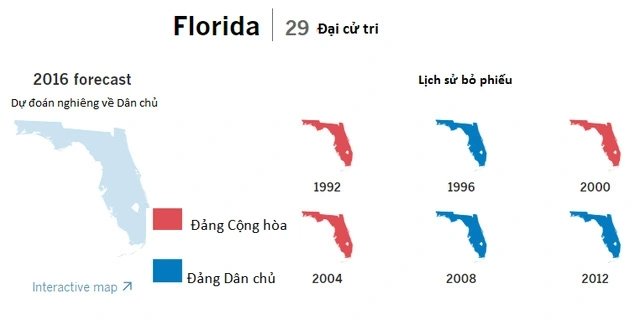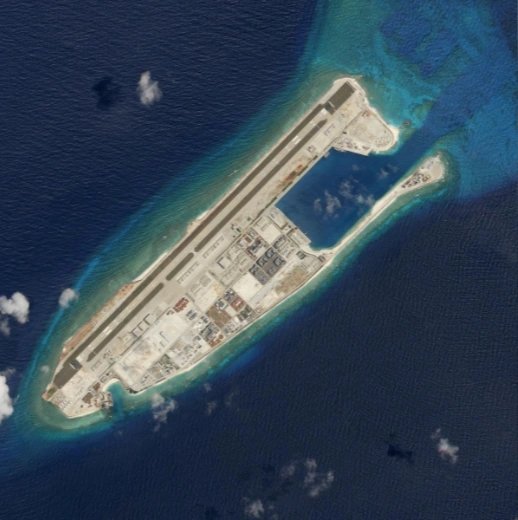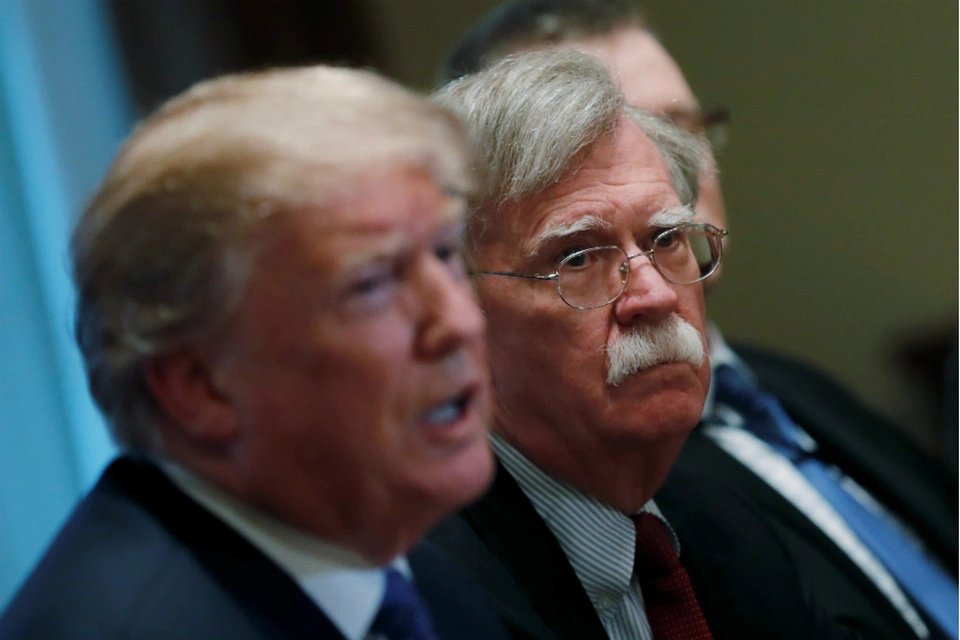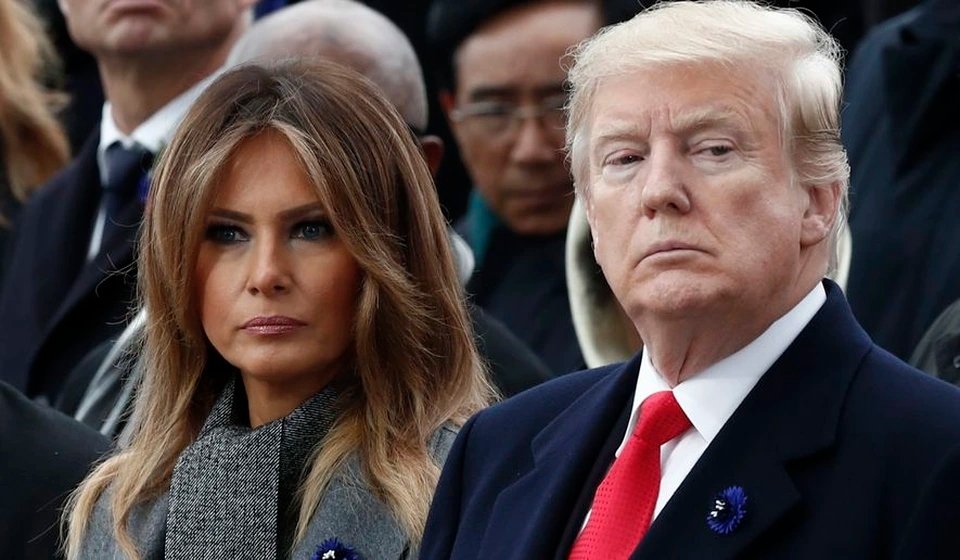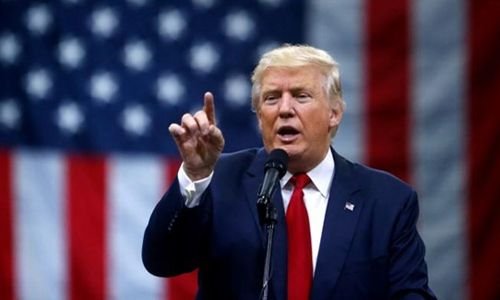
Previously, President Trump still focused on attacking imported goods in the trade war with China.
Washington is seeking to prevent Beijing from accessing core technologies by restricting the sale of important components to Huawei.
These moves are part of a US effort to expand and strengthen export controls.
Trump is using American goods as weapons in the trade war.
The Trump administration is looking to expand the list of technology products with export restrictions such as artificial intelligence, robotics and 3D printing.
In closed-door discussions since last year, US officials and technology companies have discussed how to update and reevaluate items on the US Department of Commerce’s export control list.
These are all similar to Trump’s view: Economic security is national security.
Yesterday, Trump said Huawei was `very dangerous` even though he mentioned the company as part of a trade deal with China.
According to Bloomberg, some US businesses are currently more afraid of export controls than of tax increases.
In a submission to the Department of Commerce, Microsoft warned that the proposed export restrictions risked isolating the United States from international research collaborations that support the development of many technology companies.
`Artificial intelligence is a very broad concept,` GE stated in the warning.
Last year, the US Congress passed legislation proposed by the White House requiring the Department of Commerce to update the list of export restrictions to include `emerging technologies` and `platform technologies`.
The US export control system has for many years targeted products such as telecommunications, security equipment, lasers or spacecraft… 14 categories of `emerging technologies` are also mentioned by the US Department of Commerce.
According to a source close to the discussions, the US government is narrowing its focus on three emerging technology areas including artificial intelligence, quantum technology and sensor technologies such as 3D printing.
The expert who oversaw export restrictions under Clinton, Bill Reinsch, said the big challenge is to strike a balance to protect national security without stifling innovation.
According to Reinsch, the measures against Huawei show the power of the US export restriction system but it also illustrates the dilemma of policymakers.

Proportion of revenue that Huawei contributes to suppliers in the US.
The new regulations have significantly impacted the stocks and business operations of Huawei’s US suppliers such as Qualcomm and many other chip manufacturers.
According to a recently published report by researchers at the Information Technology & Innovation Foundation, measures to restrict US technology exports could cause losses of $56 billion and cause the loss of 74,000 jobs in the next five years.
Tu Anh (according to Bloomberg)



